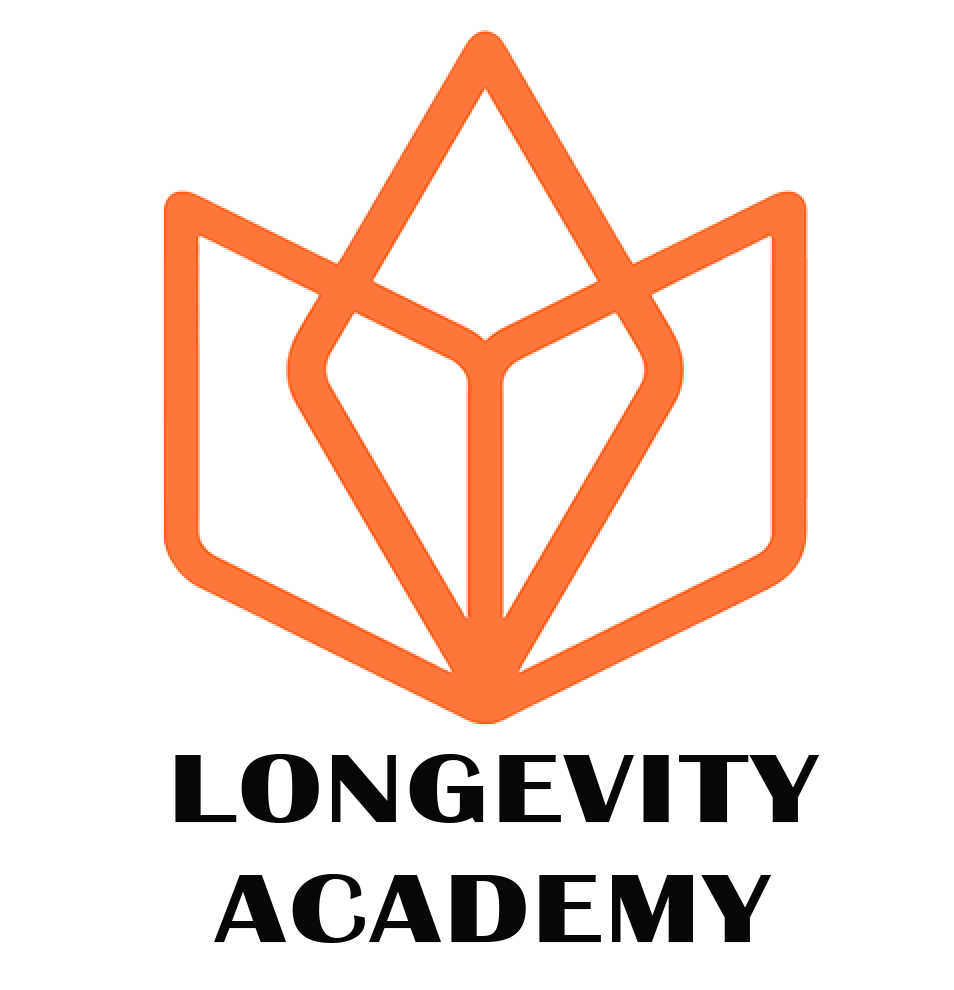In the realm of natural health supplements, astaxanthin is emerging as a remarkable player, earning accolades for its potent antioxidant properties and a range of potential health benefits. This carotenoid, a type of pigment found in certain marine organisms, is gaining recognition for its impressive ability to combat oxidative stress and promote overall wellness. In this article, we’ll explore the science behind astaxanthin, its sources, benefits, and potential applications.
What is Astaxanthin?
Astaxanthin is a red-orange pigment belonging to the carotenoid family, which is responsible for the vibrant hues found in various fruits and vegetables. Unlike other carotenoids, astaxanthin is renowned for its exceptionally strong antioxidant capabilities. It is naturally found in marine organisms such as microalgae, shrimp, crab, and salmon, where it plays a crucial role in protecting these organisms from oxidative damage and UV radiation.
The compound is synthesized primarily by the microalga Haematococcus pluvialis, which is considered one of the richest sources of astaxanthin. This microalga produces astaxanthin as a defense mechanism against environmental stressors, such as intense sunlight and harsh conditions, thereby providing the algae with a reddish color.
How Does Astaxanthin Work?
Astaxanthin’s antioxidant power is derived from its unique chemical structure. Unlike many other antioxidants, astaxanthin has a dual-ring structure with an extended polyene chain that allows it to effectively neutralize free radicals. Free radicals are unstable molecules that can damage cells and contribute to aging and various diseases. Astaxanthin’s structure allows it to operate in both aqueous and lipid environments, making it highly versatile and effective in protecting cells from oxidative damage.
What sets astaxanthin apart is its ability to cross the blood-brain barrier and the blood-retina barrier, allowing it to exert its protective effects on the brain and eyes. This capability makes it particularly interesting for research into neuroprotection and eye health.
Sources of Astaxanthin
Astaxanthin is primarily obtained from natural sources, with the following being the most notable:
- Microalgae: Haematococcus pluvialis is the most potent source of astaxanthin. It is often cultivated specifically for astaxanthin production due to its high yield and quality.
- Seafood: Astaxanthin is found in various marine organisms, including salmon, trout, shrimp, crab, and lobster. The pink or red color of these seafood items is attributed to their astaxanthin content.
- Supplement Form: Astaxanthin is also available as a dietary supplement, often derived from microalgae. Supplementation offers a convenient way to harness its benefits without the need to consume large quantities of seafood.
Health Benefits of Astaxanthin
Astaxanthin’s reputation as a super antioxidant has led to extensive research into its potential health benefits. While more studies are needed to confirm some of these benefits, existing evidence suggests that astaxanthin may contribute to:
- Anti-Inflammatory Effects: Astaxanthin has been shown to reduce inflammation, which is beneficial for managing chronic inflammatory conditions such as arthritis and cardiovascular diseases. By modulating inflammatory pathways, it helps in reducing symptoms and improving overall health.
- Skin Health: Astaxanthin’s ability to protect skin cells from oxidative damage makes it a popular ingredient in skincare products. Research indicates that it may help reduce signs of aging, such as wrinkles and fine lines, and improve skin elasticity and hydration.
- Eye Health: Due to its capacity to cross the blood-retina barrier, astaxanthin is believed to support eye health by protecting against age-related macular degeneration (AMD) and other vision problems. It may help reduce eye strain and improve visual acuity.
- Cardiovascular Health: Astaxanthin may contribute to heart health by reducing oxidative stress and inflammation. It has been shown to improve lipid profiles, including lowering LDL cholesterol and triglycerides, which are risk factors for heart disease.
- Exercise and Muscle Recovery: Some studies suggest that astaxanthin can enhance athletic performance and recovery by reducing muscle damage and oxidative stress during intense exercise. It may also improve endurance and reduce fatigue.
- Cognitive Function: Preliminary research indicates that astaxanthin may support brain health and cognitive function. Its antioxidant properties help protect neurons from oxidative damage, which is linked to neurodegenerative diseases such as Alzheimer’s.
How to Incorporate Astaxanthin into Your Diet
Incorporating astaxanthin into your diet can be achieved through both natural food sources and supplements:
- Dietary Sources: Consuming astaxanthin-rich foods like salmon, trout, and shrimp can provide a natural intake of this antioxidant. However, it’s worth noting that dietary sources may not provide as high a concentration as supplements.
- Supplements: Astaxanthin supplements are available in various forms, including soft gels, capsules, and powders. When choosing a supplement, it’s essential to select high-quality products that use natural astaxanthin derived from microalgae.
Safety and Considerations
Astaxanthin is generally considered safe for most people when consumed in recommended amounts. However, as with any supplement, it’s advisable to consult with a healthcare provider before starting, especially if you are pregnant, nursing, or taking medications. Overconsumption can potentially lead to side effects or interactions with other treatments.
Conclusion
Astaxanthin stands out as a powerful natural antioxidant with a broad range of potential health benefits. From its ability to combat oxidative stress and inflammation to its support for skin, eye, and cardiovascular health, astaxanthin represents a promising addition to the arsenal of natural supplements. As research continues to uncover more about this remarkable carotenoid, it holds the potential to make significant contributions to health and wellness. Whether through dietary sources or supplements, incorporating astaxanthin into a balanced lifestyle could be a step towards enhanced health and vitality.

